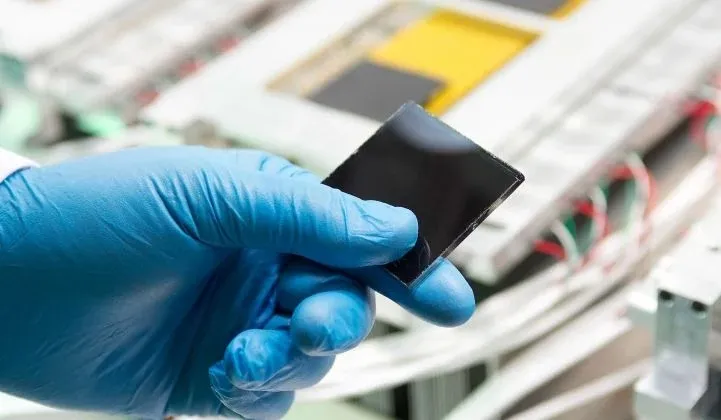New Consortium US-MAC intends to Raise CdTe PV Performance to 30%.
- A timely reaction to the worldwide need for clean energy has actually originated from universities as well as research centres like Colorado State University (CSU), the Wright Center for Photovoltaics at the University of Toledo, as well as the National Renewable Energy Laboratory (NREL), in addition to US-based industrial solar business working with Cadmium Telluride (CdTe) thin-film solar panel production, which have joined pressures to develop the UNITED STATE Production of Advanced Cadmium Telluride (US-MAC) photovoltaics consortium.

The consortium intends to raise CdTe PV effectiveness to 30%.
CdTe PV innovation was invented and developed in the UNITED STATE, because of which the country houses the copyright connected with the semiconductor's use in PV to a huge level. US-MAC aims to reassert UNITED STATE management in the solar technology, and also will certainly work to progress fundamental science and also design, boost development and also capitalize on shared sources as well as experience. Its objective is to enhance manufacturing volume, optimise performance, and also to branch out, integrate and support the success of residential firms.
CdTe or 'CadTel' is a next-generation photovoltaic (PV) semiconductor technology which has the prospective to maintain going through enhancements in regards to expense as well as performance. It is made from mining byproducts and powers high-efficiency, energy advantaged and readily affordable solar modules that provide the lowest carbon footprint of any type of commercially readily available PV solar innovation readily available today. Over the past 15 years, solar power costs have decreased at the very least 10 times, partly as a result of renovations in innovation and manufacturing which triggered scaling of CdTe PV.
The consortium has a three-member exec board- consisted of CSU, NREL and the University of Toledo- in addition to a commercial board of advisers- consisted of 5N Plus, Consolidated Research Systems, Direct Solar, First Solar, Lucintech, Nious Technologies, Pilkington The United States And Canada, Sivananthan Laboratories, Toledo Solar, and also Uriel Solar Power.
Jim Sites, part of the executive committee, is a professor in the CSU Department of Physics as well as has years long experience in researching the characterisation and also efficiency of solar cells made from cadmium Telluride. He as well as his close colleague W.S. Sampath, a teacher in the Department of Mechanical Engineering, are collaborating at CSU to perform unprecedented research in CdTe technology, which has actually obtained federal funding worth millions of bucks. Speaking about the work being done by US-MAC, Dr. Michael Heben, director of the Wright Center for Photovoltaics at UToledo, professor of physics and McMaster gifted chair, stated, "The membership believes that CdTe is just at the beginning of its innovation maturation curve, with much work still to do. The Secretary of Energy's recent news of a new CdTe Accelerator Program reinforces this belief.".
The preparation to develop US-MAC Initiatives commenced a little over a year earlier, and on March 11, 2021, an MoU (Memorandum of Comprehending) was totally carried out. The industrial board of advisers chosen solar panel supplier Very first Solar as its rep before the executive board for a first three-year term. For the advancement of US-MAC's objectives, the executive board, the commercial board of advisers as well as other key points of contact in various other organisations will certainly collaborate, intending to produce a comprehensive setting for reinforcing American management in production of CdTe PV. In the next couple of months, Arizona State University, the University of Delaware as well as the University of Utah, and also various other companies could come onboard the US-MAC network as it remains to broaden.
Martin Keller, supervisor of NREL and head of state of the Alliance for Sustainable Energy, stated, "While currently taking pleasure in terrific success in the industry, recent clinical growths make it clear that cadmium telluride has substantially a lot more potential for significantly higher module performance, lower cost, enhanced lifetime energy, and more quick production. This is all possible with the concerted participation as well as financial investment that will certainly be pursued by US-MAC." Presently, CdTe solar modules have a 19% industrial module efficiency, which the consortium intends to elevate to the highest academic efficiency- roughly 30%. It plans to develop sophisticated tandem as well as bifacial ideas for even higher efficiency, and also boost the life time of CdTe PV which is currently quite great.
Also read

